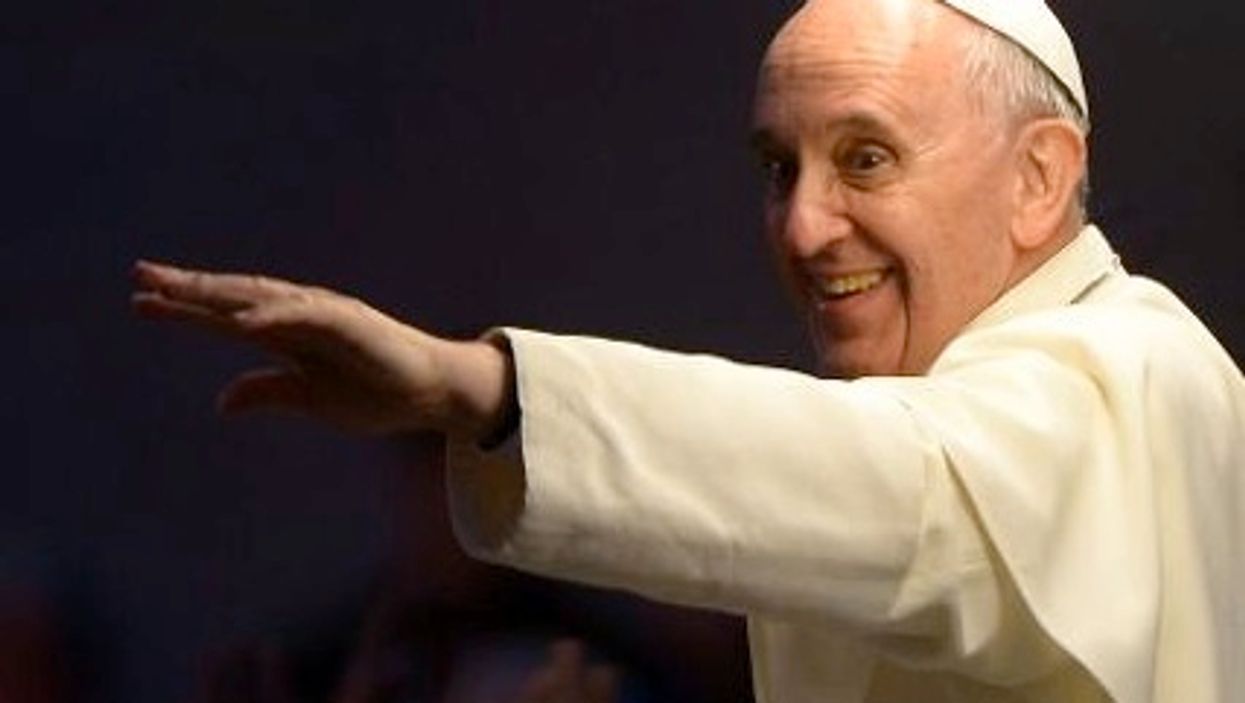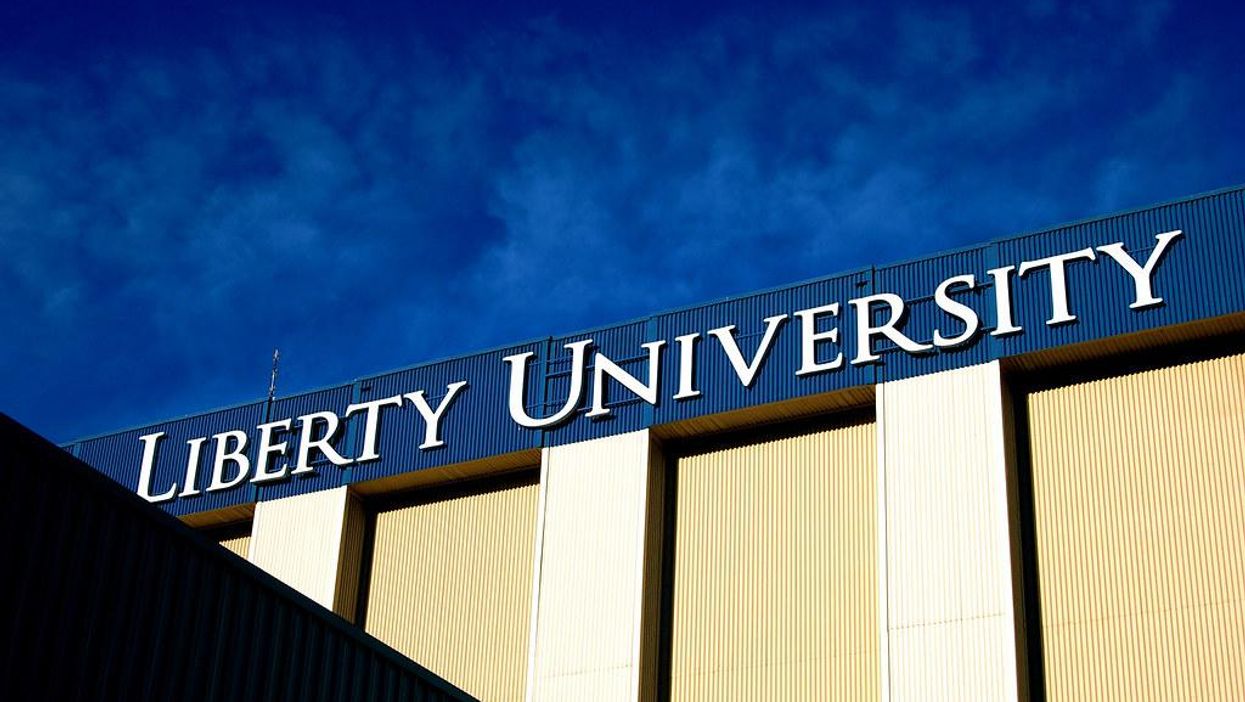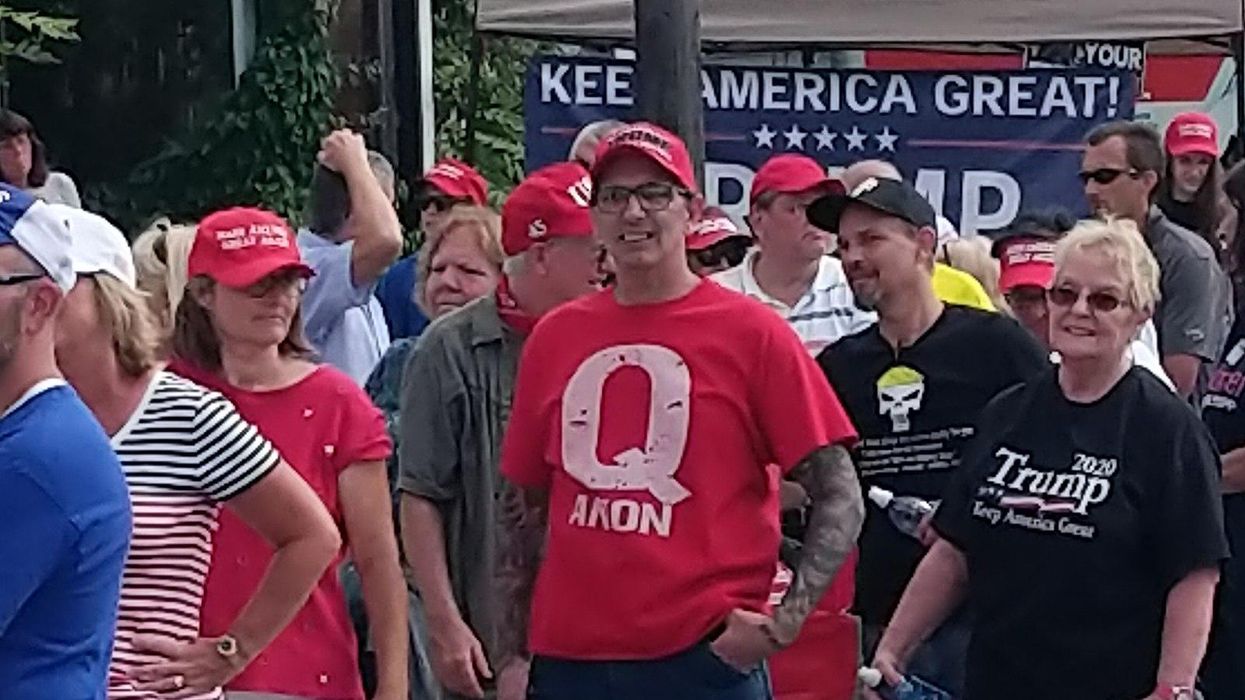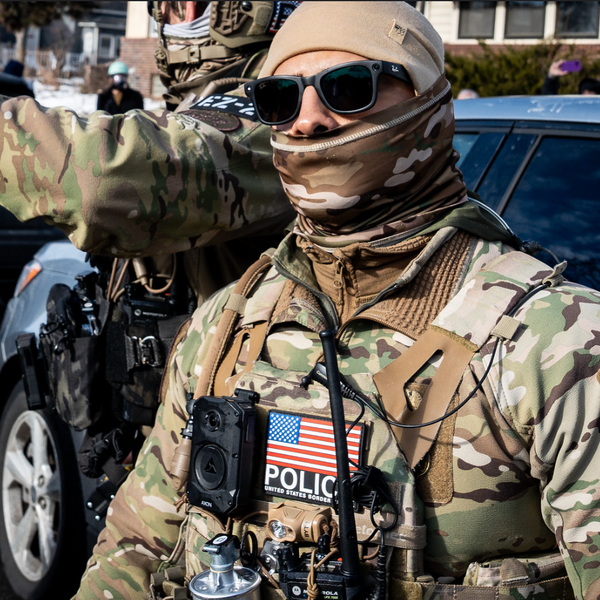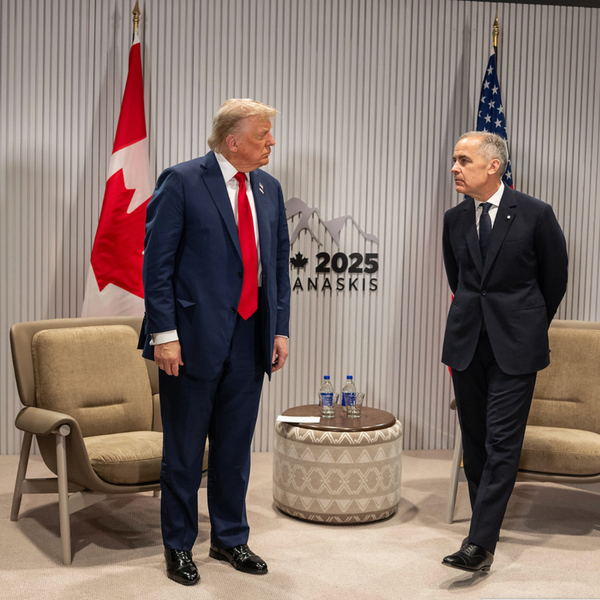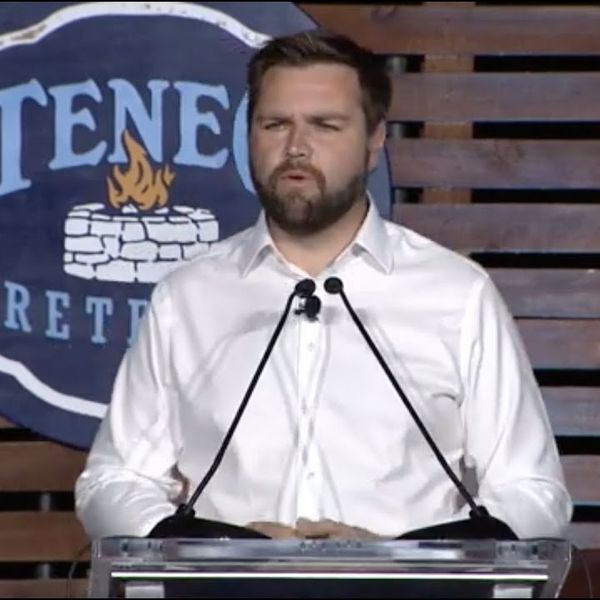Poll: Atheists More Likely To Get Vaccinated Than White Evangelicals
Reprinted with permission from Alternet
Although some anti-vaxxers identify as liberal or progressive, the vast majority of people who have been angrily railing against COVID-19 vaccines in the United States have been far-right white evangelical fundamentalists, Christian nationalists and MAGA Republicans. And recent Pew Research polling has found that atheists have some of the United States’ highest COVID-19 vaccination rates.
According to Pew, 90 percent of atheists in the U.S. have been vaccinated for COVID-19 compared to only 57 percent of white fundamentalist evangelicals. Among the overall adult population in the U.S., 73 percent have been vaccinated.
None of that is to say that all people of faith are anti-vaxxers or that everyone who is religious in the U.S. is far-right politically. Some African-American AME churches, for example, have done an excellent job helping people in the African-American community get vaccinated for COVID-19. And there are plenty of people of faith who hold liberal/progressive views and don’t care for the right-wing white evangelical movement.
But strident anti-vaxxers in the U.S., in many cases, do tend to follow a certain pattern: white, far-right politically, open to conspiracy theories, stridently supportive of former President Donald Trump.
The Freedom From Religion Foundation cites the Pew Research poll as evidence that “atheists are among the best neighbors an American could wish for.”In a press release, FFRF Co-President Dan Barker is quoted as saying, “Atheists believe in this life, not an afterlife, and we don’t need a god to threaten us with hell to do the right thing. We’re good for goodness sake.”
Annie Laurie Gaylor, co-president of FFRF, is quoted as saying, “This is one of the great moral issues of today — and religion is simply failing. Religious folks are often suspicious of a tiny little shot to prevent the spread of a lethal contagion that has killed 1 in every 500 Americans and has completely overwhelmed and overworked our heroes on the health care frontlines. It takes religion to make the immoral seem moral.”
Gaylor notes that Catholics, according to Pew, fare better than white evangelicals when it comes to getting vaccinated for COVID-19.
The FFRF co-president is quoted as saying, “It seems like a rare instance of American Catholics listening to their pope — and the pope having the correct message. Now, if he would only apply himself to the scourge of rape and abuse within his church.”
Since it was first reported in Wuhan, China two years ago in December 2019, COVID-19 has, according to Johns Hopkins University researchers in Baltimore, killed more than 5.3 million people worldwide. COVID-19 vaccines, however, offer considerable protection against the dangerous coronavirus — and President Joe Biden and Dr. Anthony Fauci, Biden’s top medical expert in the white House, have been encouraging Americans to receive widely available booster shots.


